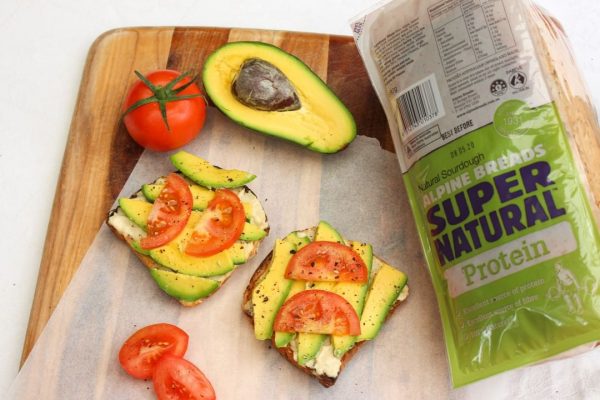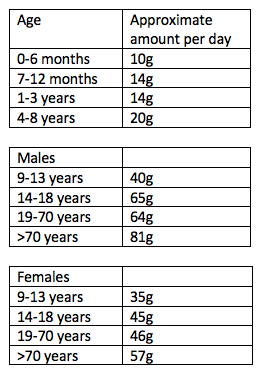


So what is protein? We hear about this amazing nutrient that definitely needs to be a part of our daily intake, and has gained much attention over the last decade, but do we really understand what it is doing.
Let’s take a deep dive into the protein world to work out just how much you need.
Protein is the building blocks of our cells. These protein molecules are made from amino acids (much smaller molecules that bind together to form proteins). With 20 amino acids in our foods, you can only imagine the potential combinations of proteins that can form, and yes that’s why all our cells, from our muscles, bones, cartilage, skin, and blood as well as hormones are so different. The body of a 76kg man contains about 12kg of protein. Nearly half of this protein is present as skeletal muscle, while other structural tissues such as blood and skin contain about 15%.
Due to the fact that protein plays a role in developing and repairing these cells, you can understand that our need for protein changes throughout our life cycle. As we grow through childhood and adolescent protein is needed for the body to grow and at the other end of the spectrum as we age protein is necessary for repair cells that may be damaged. So there is not one number you need throughout life. Also, layer this with how active you are and what your physical goals would be. That changes it all over again.


For pregnancy during the 2nd and 3rd trimesters protein requirements increase to around 60g per day. As explained earlier when cellular development and growth is occurring more protein is required, which is what happens when a fetus is growing during pregnancy. If a mother chooses to breastfeed then her protein intake will increase again to approximately 67g per day as her needs to produce milk for the baby increase.
These numbers are baselines numbers and don’t take into account an individuals needs with respect to their activity level.
If you are doing exercise to gain muscle size then your protein requirements will increase as well as other nutrients that contain calories such as carbohydrate and fat, while if you are looking to gain muscle strength you will be increasing your protein.
However, there is more to protein than just how much of it you eat. While the total amount of protein you eat over a day is important, the body can only use a relatively small amount of protein at any one time. This means that the timing and spread of this protein can be more important to muscle growth. Therefore, looking for foods that are high in protein as a great recovery food is ideal.